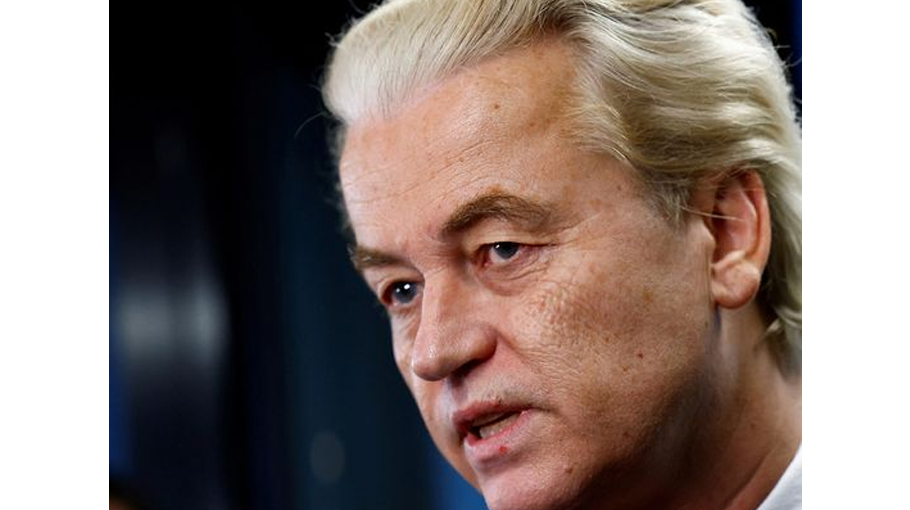How serious are Europeans about turning right?

If the Dutch lived in Ireland, the saying goes, they could feed the world. And if the Irish lived in Holland, they’d drown in a week.
It’s a funny quip that speaks to common perceptions — perceptions that after the events in both places this past week might need to be reviewed.
Geert Wilders is already known to many Europeans for his two decades of radical anti-refugee rhetoric. Add in a deep-rooted anti-European Union outlook and street credentials burnished by arrests and lawsuits, then he and his Dutch Party for Freedom (DVV) make for an attractive vehicle for those whose political thoughts are so inclined and, more importantly, for a segment of the Dutch electorate fed up with the political status quo, worried about making ends meet, rising inflation and the uncertainty brought about by the conflict in Europe’s eastern border with Russia.
While on the surface it would be easy to declare Wilders as the winner in Wednesday’s Dutch general election, that’s far from the case. The DVV did win the largest number of seats — 37 — but it remains a long way off coming to power or indeed being part of any government that is likely to be hammered out in the months ahead. To govern, a coalition needs to find a winning formula and build consensus to get to 76 seats in the 150-sea parliament that sits in The Hague.
Sure, headline writers will point to his ‘win’. But that’s not accurate. Certainly not yet, and likely not at all.
Forming a government in the Netherlands is an exceedingly complex and tortuous affair. Mark Rutte, who has been Prime Minister for the past four administrations, knows the process inside out.
Winning seats is one thing, trying to form a coalition government another, then getting it to last a full term of four years is another gargantuan task in itself. It took Rutte and his People’s Party for Freedom and Democracy (VVD) more than a year to form his fourth administration following elections in March 2021.
Why? Well, there are almost 40 political parties in the nation of almost 18 million, each representing a variety of diverse views across the political spectrum and also reflecting the varying regional and urban-rural elements that make the low-lying country’s political landscape so splintered. The Netherlands is always governed by multiparty coalitions. A centre-left alliance came second with 25 seats, followed by the centre-right VVD party of k Rutte with 24, and then the newcomer centrist New Social Contract (NSC) party with 20.
Path to power
For Wilders, the path to power is far from evident — and even then only if parties in the centre are willing to make a right turn. Shifting right is one thing. Embracing Wilders’ politically toxic outlook is another.
Mick O'Reilly is a Foreign Correspondent
Source: Gulf News




